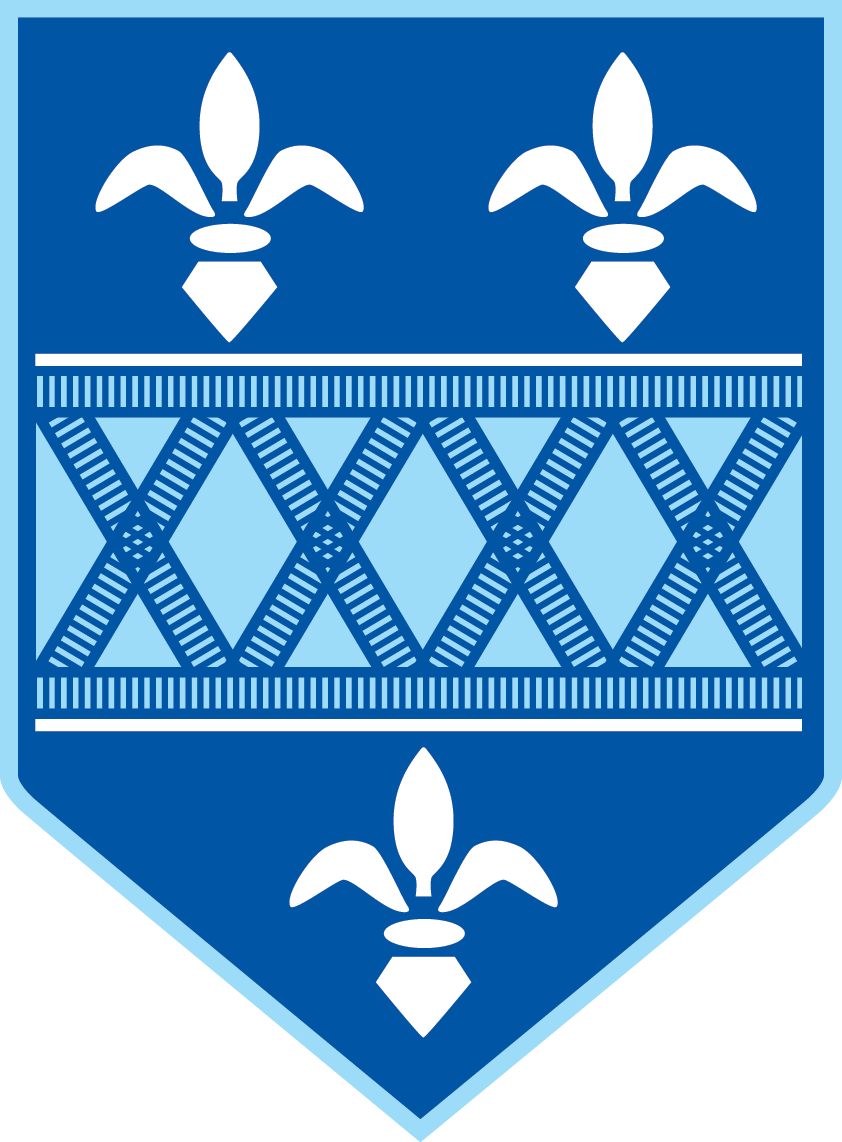Politics
Curriculum Vision
From the #MeToo and #BlackLivesMatter campaigns to social media. Young people, more than any other generation, are being bombarded by political messages every single day. What to make of it all? Sometimes unplugging and leaving it all behind seems the safest option. But politics can’t be switched off. It’s a living thing that has grown to include everything about everyone’s life. Do you want to go to university? Then the issue of university fees needs to be discussed. Do you think people should vote at 16? Issues that are more important than ever. We need young people to not only vote, but to be engaged in these political discussions. We believe that nowadays, more than ever before, is the time when the study of Politics will help students to navigate through the noise and the half truths. We want your vote to count and for the parties to have to earn that vote, not to expect it automatically.
A video introduction to our Politics course in LPGS6 (our co-educational Sixth Form)

